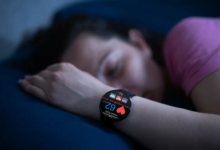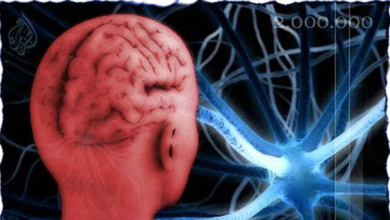Nighttime Depression: Its Causes and Coping Strategies for Feeling Better


Our brains unleash a torrent of negative emotions under the cover of night, making it difficult to fall asleep. Some refer to this state as “nighttime depression” on social media and other platforms. But is this phenomenon real? If so, why do some people feel sad at night?
Experts say that feeling depressed at night is not necessarily a sign of a mental health disorder, and understanding the reasons behind these feelings can help in taking steps to overcome them.
What is Nighttime Depression?
Nighttime depression is a colloquial term, not a medical diagnosis; it refers to depressive symptoms that appear or worsen during late-night hours. While anxiety may also increase at night, causing feelings of restlessness and tension, nighttime depression can be described as a low mood. According to a report from The New York Times, Dr. Teresa Miskimen Rivera, a professor of psychiatry, states, “It’s a feeling of sadness or a state of unhappiness: my life is devoid of joy, and my day lacks excitement.”
Nighttime depression can also affect physical health, especially if these feelings hinder the ability to get adequate sleep.
Why Does Night Affect Your Mood?
There are several factors that can lead to mood deterioration at night, including insomnia and loneliness, in addition to the effects of the body’s biological clock, which regulates sleep-wake timing. This clock manages vital processes such as body temperature and hormone levels, prompting the pineal gland to release melatonin, which encourages sleep. If the biological clock is not aligned with the usual sleep cycle, it may negatively impact mood.
Nighttime depression can be a symptom of clinical depression, but studies suggest that most people—including those without mood disorders—may feel down when staying awake late or waking up early.
Steps to Feel Better at Night
To avoid symptoms of nighttime depression, it is advisable to adhere to healthy sleep practices, such as going to bed and waking up at consistent times, avoiding naps, steering clear of electronic devices at least an hour before sleep, and adjusting the bedroom temperature to a comfortable level.
It’s also best to avoid caffeine or heavy meals before bedtime and to refrain from dwelling on problems, as there is often little that can be done about them in the late hours. Dr. Rivera recommends keeping a pen and paper by the bedside to jot down thoughts that can be considered later in the daylight with a clear mind.
If feelings of nighttime depression persist for several weeks without improvement, it is important to consult a doctor, especially if they include intense feelings of fear or unwanted thoughts, as this may require immediate healthcare.








